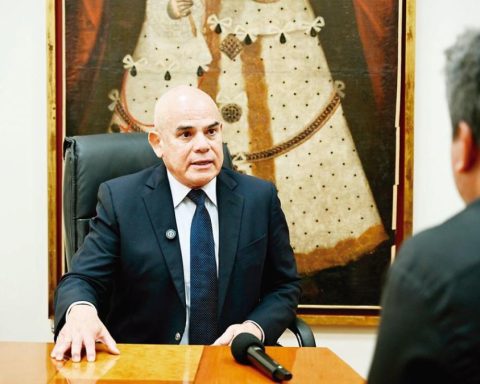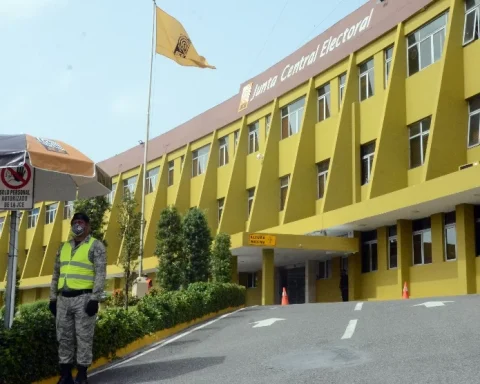The president of the Central Bank of Uruguay (BCU), Diego Labat, defended the non-intervention policy on the foreign exchange market. In view of the current bearish scenario, export-related sectors and tourism have raised claims for the negative consequences that a cheap dollar has on their activities.
Labat stated that the dollar is falling “in the entire region” as the flip side of the appreciation of raw materials and argued that “When these things happen, which are natural, no intervention is necessary”.
The economist said this Friday that the BCU has intervened on the exchange rate “when the dollar comes out of its fundamentals or in some specific episode”, but the best way is to try to let it float as much as possible.
“Uruguay has a floating exchange rate regimewhich I think after many decades is the one that best suits the country because it is the one that best allows you to absorb any shock“explained the accountant to In perspective of Radioworld. “When we receive a negative or positive shock from outside, the exchange rate corrects,” she added.
The chief assured that The Central Bank has projections that point to a “slight” appreciation of the dollar, between 3% and 4% by the end of the year”. So far in 2022, the price of the greenback fell 3.6%. Last year, the US currency had strengthened 5.6% against the Uruguayan peso after closing December at $44.70. Today it is $1.7 below that threshold ($43.05).
About the absence of inflation between the slides of Arbeleche in the presentation of the MEF this week on the balance of 2021 and projections for this year, the head of the BCU had no reproaches. “The legal mission of price stability is in the Central Bank. There is value in the BCU having the greatest possible independence and that was the minister’s message”justified.
The inflation problem
Labat explained that the “central axis” of the BCU “has to be proposing that inflation is a problem in Uruguay. It does not matter if it is 8%, 10% or 4%“. According to him, the main consequence is that the phenomenon harms the long-term growth of the economy.
What worries the hierarch the most are the expectations of the agents —more than inflation itself— which today are located in 6.6% at 24 months.
The economist supported his sayings in that “at the end of the road those who form the expectations end up forming the prices. The same goes for the salary negotiationsif expectations are at 6.6%, workers are going to ask for an increase of 6.6% and Entrepreneurs are also going to raise prices in 6.6%” he described.
In contrast, Labat recalled that the monetary authority is committed to “having inflation between 3% and 6% by the end of 2023“.
The hierarch recalled that with the pandemic, the BCU’s monetary policy was “to put firewood so that the economy continued to function” and “absolutely expansive”. Instead, he argued that in normal times the “main objective was going to be inflation and not activity, which is an interpretation perhaps different from that of previous administrations.”

















